By Miroslav Djuric, DVM
Following the successful eradication of Rinderpest (Cattle plague, see blog), veterinarians, farmers and donors across the World are turning their focus to combat Foot-and-Mouth Disease (FMD) on a global scale. The FAO and the World Organisation for Animal Health (OIE) have developed a detailed strategy for FMD control under the umbrella of their Global Framework for the Progressive Control of Transboundary Animal Diseases (GF-TADs). However, it is clear that only a massive commitment of national and international resources can make FMD eradication possible, as surveillance and monitoring over a long period is required.
FMD is a highly infectious disease caused by a picornavirus, which affects cloven-hoofed animals, in particular cattle, sheep, goats, pigs and deer. Other animals including camelids and elephants can also be affected. The disease is notifiable, which means that the local veterinary services must be notified immediately if FMD is suspected.Although FMD does not pose a direct threat to human health, and is rarely fatal in animals, it can cause reduced milk yield, weight loss and lower fertility.
The global annual cost of FMD in terms of production losses and vaccination has been estimated at approximately $5 billion, but it can be much higher when a severe outbreaks occur. For example, direct and indirect costs of a major FMD outbreak in the United Kingdom in 2001 have been estimated at $30 billion, or a FMD epidemic in the Chinese province of Taiwan in 1997 cost the economy $15 billion.
In terms of human cost, FMD often causes economic ruins and hunger to many of the 1 billion farmers and pastoralists worldwide who depend on livestock.
According to Bernard Vallat, OIE Director General, the main objective of the Global Strategy is to improve FMD control worldwide through the strengthening of national veterinary services responsible for animal disease control, which in turn provides the opportunity to initiate long-term actions to fight other high-impact diseases of livestock.
The Global Strategy involves evaluation of national veterinary services using the Performance of Veterinary Services Pathway (PVS) methodology developed by the OIE, with the aim of improving compliance with OIE quality standards. Reliable veterinary services ensure the quality and safety of livestock production and thus protect the safety of food sources, trade and animal health.
The Progressive Control Pathway for Foot-and-Mouth Disease (PC-FMD) developed by the FAO guides countries through a series of incremental steps to improve management of FMD risks, beginning with active surveillance to establish what types of FMD virus strains are circulating in the region. The process moves countries continuously towards improved levels of FMD control. A key pillar of the PCP-FMD involves coordinating regional efforts to control the disease systematically across national boundaries.
The aim of the FMD Global Strategy is to decrease the impact of FMD worldwide by reducing the number of disease outbreaks in infected countries until they ultimately attain FMD-free status, as well as maintaining the official FMD-free status of countries already free of the disease.
Particular emphasis is put on regions of the world where the disease is endemic, including most of sub-Saharan Africa, the Middle East, and Asia.
A vast amount of scientific literature on FMD and on control of viral diseases in general is available in the CAB Direct database. The literature, which originates from more than 150 countries and is published in over 50 languages, is translated and indexed by CABI’s specialists for easy searching. The CAB Direct database currently contains nearly 15,000 references with abstracts on Foot-and-Mouth Disease and over 500,000 references on disease control in animals.
1 Comment
Leave a Reply
Related News & Blogs
CABI shares expertise in digital extension and advisory services at FAO workshop
CABI has shared its expertise in digital agricultural and advisory services for smallholder farmers as part of Food and Agriculture Organization of the United Nations (FAO)-led capacity building workshop. Dr Monica Kansiime and Rahab Njunge, who are bo…
26 July 2022

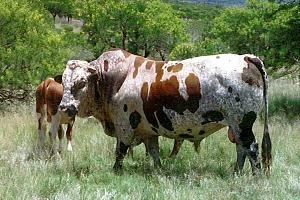
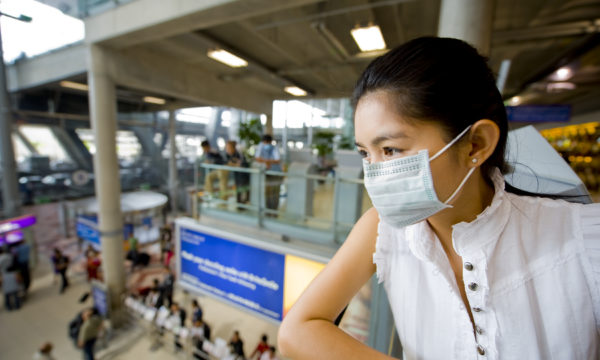
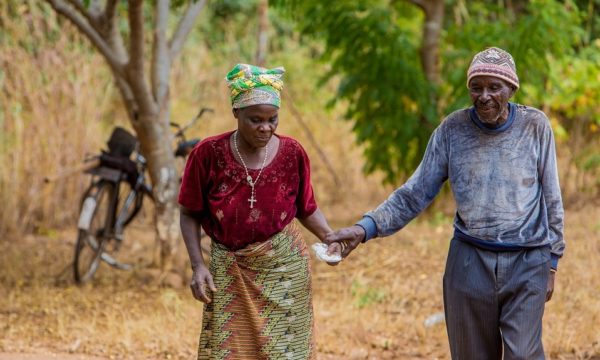
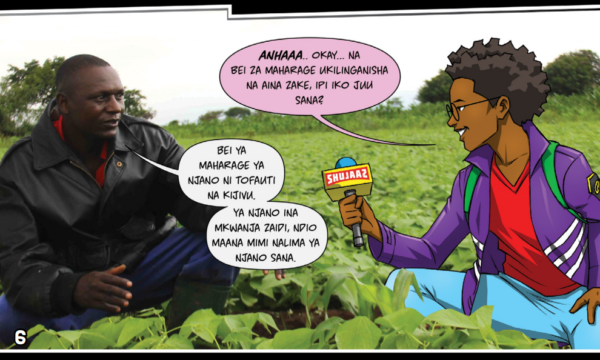
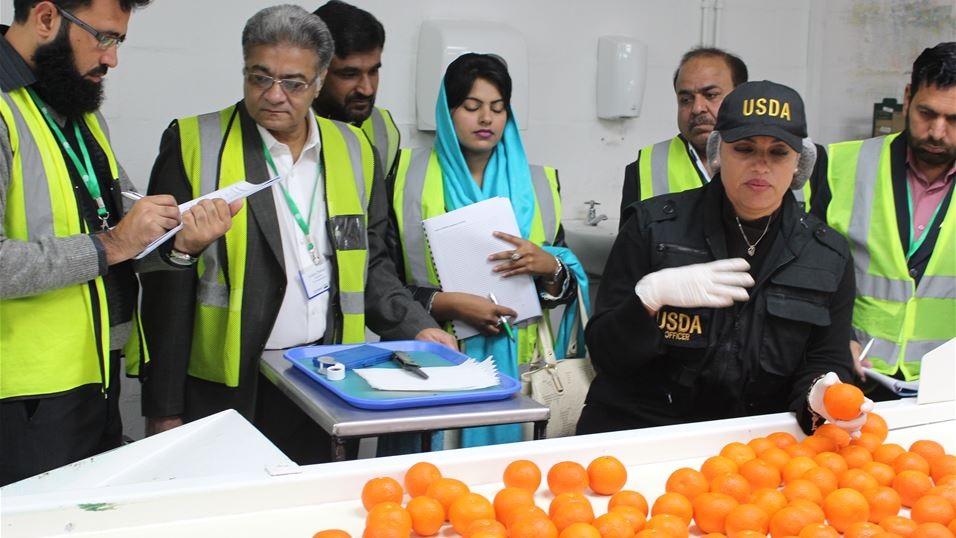
Nice article. Very informative